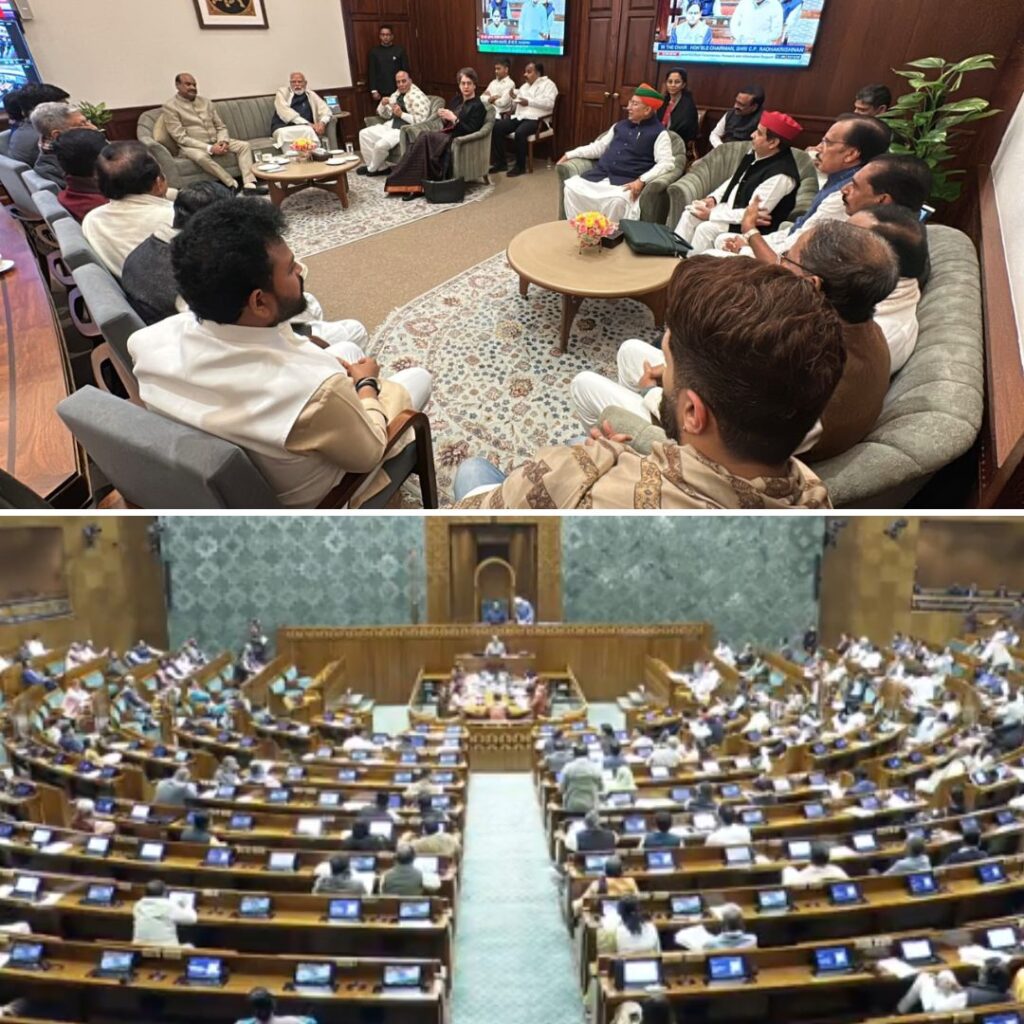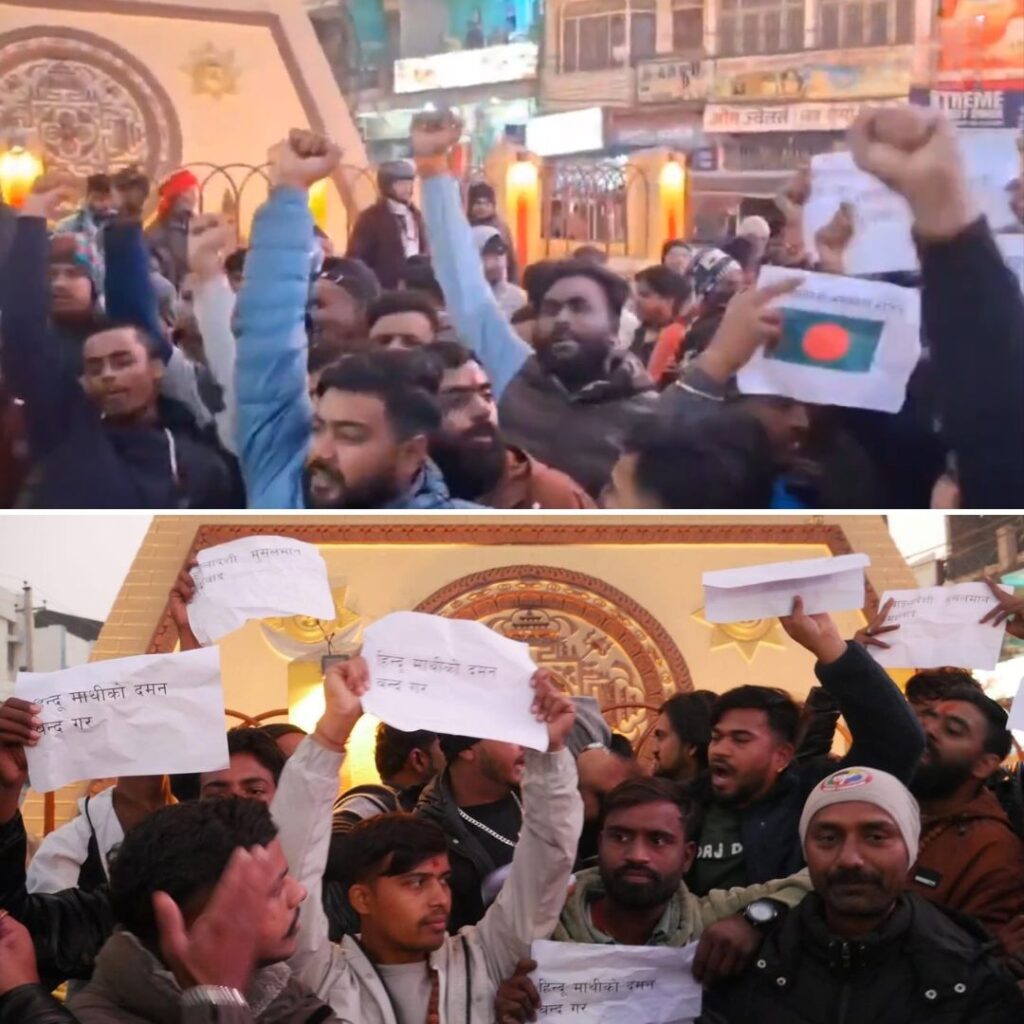We live in a society where even before a girl child is born, her behaviour traits are decided, her future work defined, milestones identified, financial limitations applied, and wardrobe specified. Even her hobbies and interest areas are picked by others.
Our entire lives are coded by societal expectations of our gender roles. Some blanks are left as placeholders like in a business agreement. A woman’s life is a template where some editing rights are given to us with options decided by the society.
You may find these words relatable, or you may not, irrespective of your gender. It depends on which society you belong to, which state and city you are from, your social status, age, and so much more. But I deal with the men of today’s times who are also a product of the same template. And this is for them – a course correction. I don’t speak for all women but this is about our universally shared and lived experiences.
I am not an endless pit of patience
I actually do not know of any woman who is. She may not speak of certain things to you. Perhaps she tried and somehow there were too many conflicts arising, barriers of understanding, mismatched timings, or she simply did not care any more. But she is speaking of it. She speaks in circles where there are listeners, empathetic ones.
I keep hearing that women can absorb everything and they are or should be able to deal with it all patiently. Whereas, it is alright and expected from a man to lose their temper or patience, or give up or give in. During those times also, it is expected that a woman will be the pillar of strength for everybody around her without complaints. She does not want to be a goddess of patience and tolerance.
I am not the sole nurturer
There is a saying, one of my favourites actually, that you cannot give what you do not have. Every association that we engage in, we need the equal or at least a balanced approach on nurturing. For one person to care endlessly, be observant of the needs of the others around them, be a provider, be a nurturer, take up the responsibility of helping others, take care of themselves – is not feasible, practical, possible and is ridiculous.
Additionally, while this expectation is set in the personal lives where the shackles of gender norms are too difficult to break, workplaces can do better in not setting the same standards. In small teams, it is so common to ask a woman to collect lunch order preference from all and place the order. If it’s a startup and they are operating out of a small house, the burden of organizing food and beverages is still on women. In large teams, if celebrations are coming up, it becomes the responsibility of women to plan, while the usual financial decisions are taken by the men in the teams. The tag of the goddess of care and nurture is not wanted or ever desired. We need as much caring and tending to as any other person.
I am not as understanding as expected to be and I do need that seat on the table
From home to the workspace, it is generally assumed that women will be understanding about everything. She is supposed to be like that at home and in family situations but that does not mean it needs to extend to workplaces as well. Although women’s emotional labour is taken for granted, often, her opinion is not even taken into consideration. We’re not the goddesses of understanding.
I am not on lookout for praises on my appearance
Don’t take your cues from outdated Indian films – they are out of place in today’s day and time. If you go beyond this superfluous script and expand your vocabulary of conversations with my gender, you will see that there are so many more things that you can actually say to me without resorting to commenting on my appearance. Talk to me like I am a human being. This tag of the goddess of beauty is not what I ever aimed for. Like many other titles, it came with my gender manual. I don’t want to know every day whether I am looking pretty, beautiful, whether this shirt is looking good on me, or whether I should wear saris more often.
I am not really that forgiving. Sometimes, not at all
It is generally expected that we will forgive everything and be kind to the people in our lives. This takes me back to the conversations with my mother, not just from my childhood, but even right now. These have turned into heated arguments now, especially when every time I hear from her that I should ‘forgive’ the people who hurt me. I am reminded that I have it in me to do that, in fact, I should be able to do that because this is what women should do – forgive.
Now, I know where she is coming from – but look where it has led us as a society. I have seen this at the end of various investigations where it is expected that a mere apology should suffice for a woman. Even in the most extreme scenarios, people are nudged to extend an apology and women are expected to forgive because that is what they should be able to do. A woman must forgive. Why? Nobody ever asks this question.
I will not be the…












